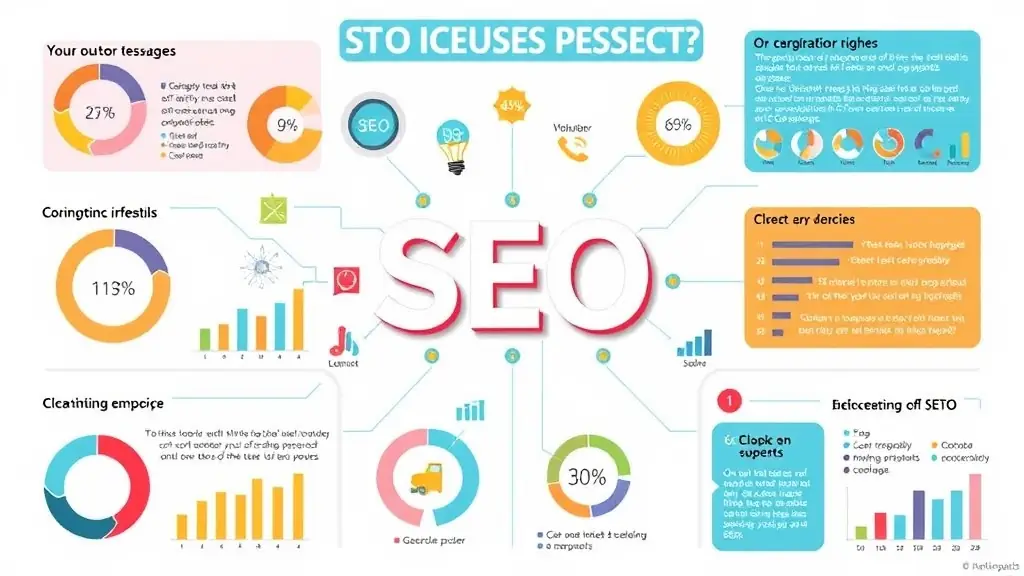Health insurance is a critical component of overall well-being, providing access to necessary medical care without overwhelming financial burdens. Understanding the different types of health insurance plans, such as HMOs, PPOs, and EPOs, is essential for consumers to make informed choices. Each plan type has its own set of rules regarding provider networks, referrals, and out-of-pocket costs. By familiarizing themselves with these differences, consumers can select a plan that best fits their healthcare needs and budget.
Additionally, consumers should pay attention to key terms such as premiums, deductibles, and copayments when evaluating health insurance options. A premium is the amount paid for coverage, while a deductible is the amount that must be paid out-of-pocket before insurance kicks in. Understanding these terms can help consumers assess the total cost of a health insurance plan and determine which option offers the best value. It’s also important to consider the coverage provided, including preventive services, prescription drugs, and specialist visits.
Finally, consumers should regularly review their health insurance plans, especially during open enrollment periods. Life changes, such as marriage, having children, or changing jobs, can impact healthcare needs and eligibility for different plans. By staying informed and proactive, consumers can ensure they have the right health insurance coverage to protect their health and financial stability.




